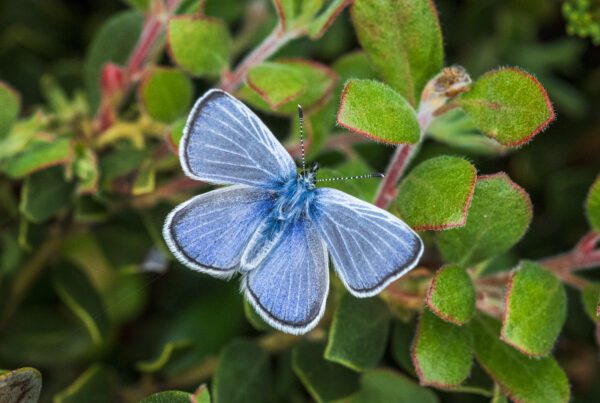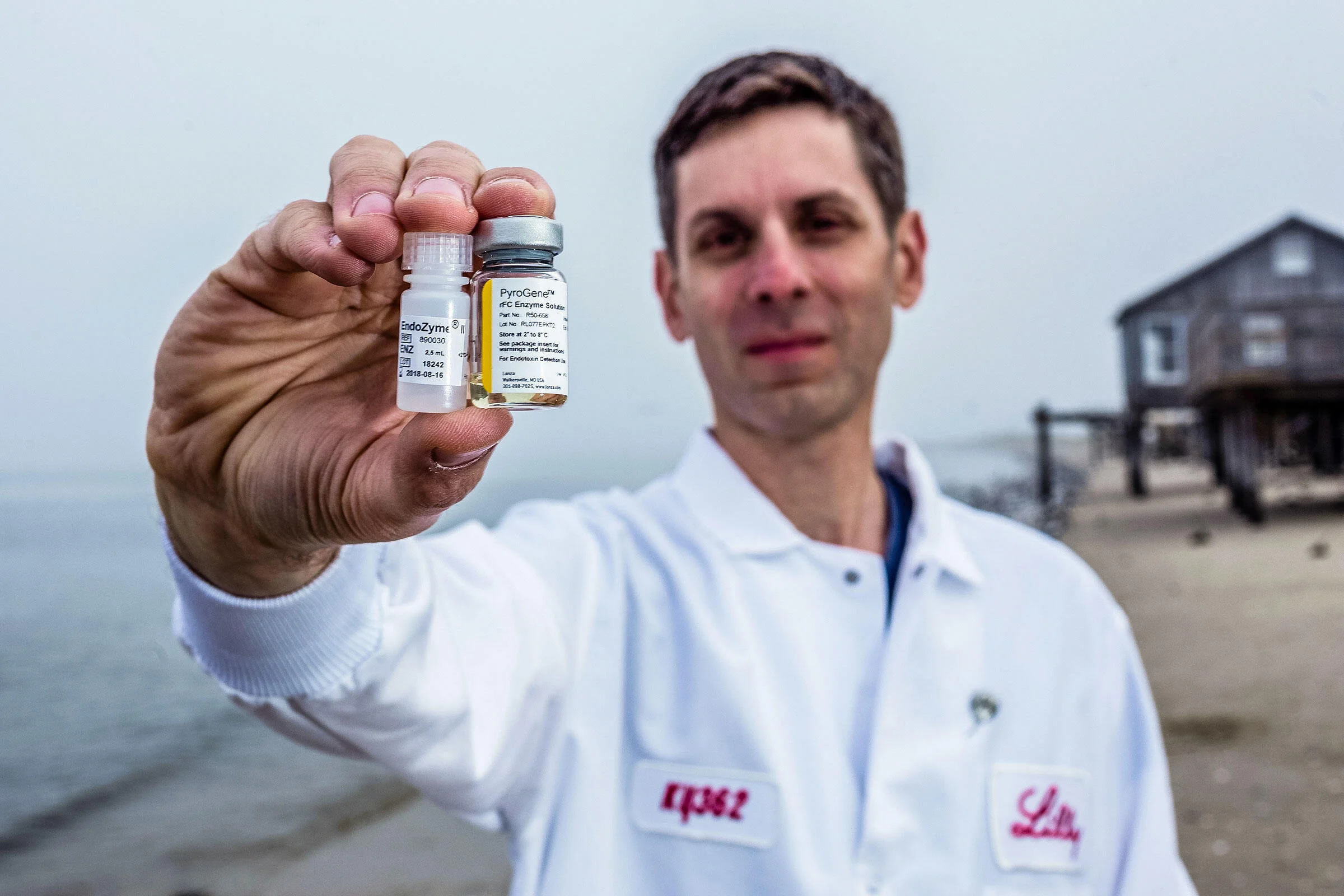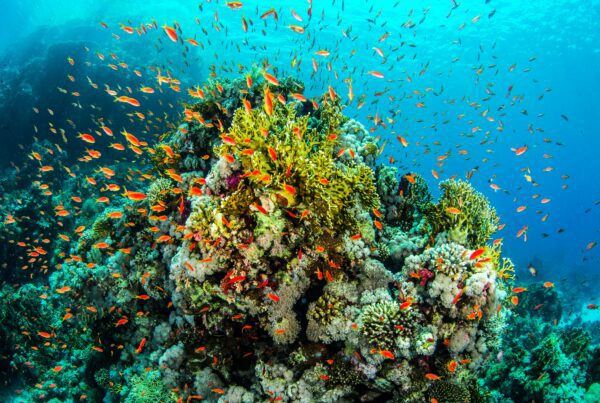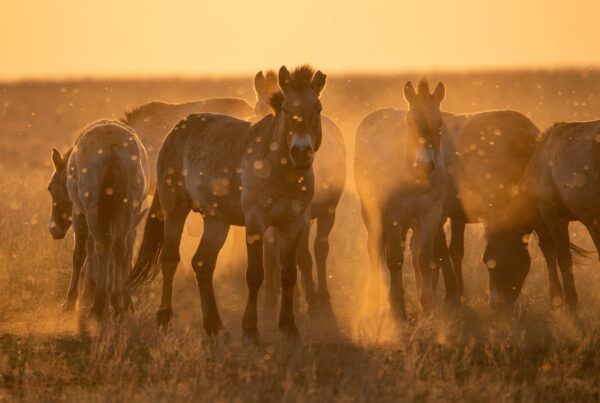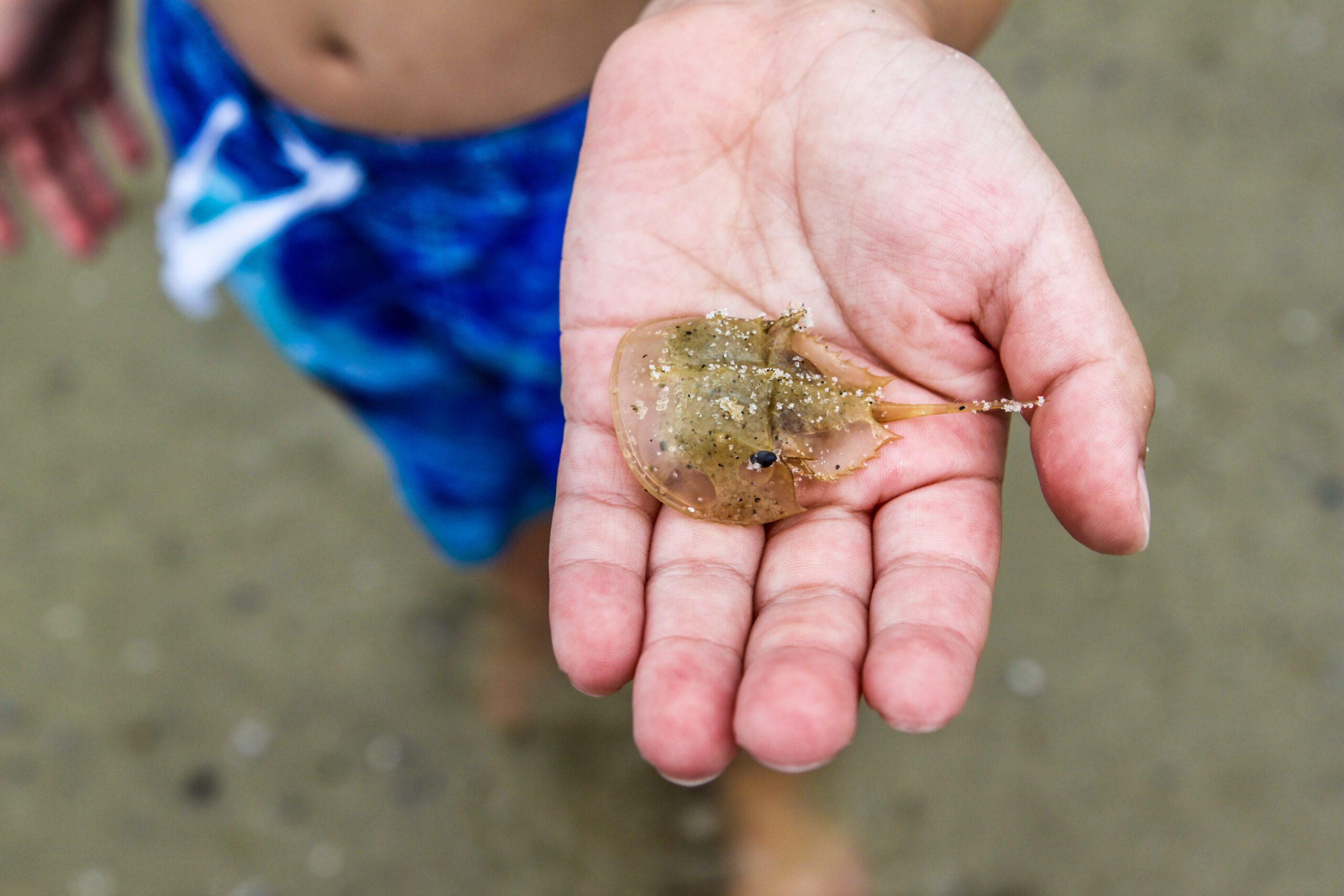
On August 9, 2023, Connecticut Governor Ned Lamont signed a bill into law implementing a ban on the harvesting of horseshoe crabs from Connecticut waters. The law enables the Department of Energy and Environmental Protection to issue permits authorizing the limited harvesting of horseshoe crabs for scientific and educational purposes if it is determined that doing so will not harm the overall horseshoe crab population. Image: Child holding baby horseshoe crab | Shutterstock
STRATFORD, CT – Governor Ned Lamont today held a bill signing ceremony on the shore of Long Island Sound in Stratford, where he joined lawmakers and advocates to commemorate the adoption of a new law implementing a ban on the harvesting of horseshoe crabs from Connecticut waters.
The legislation was sought by advocates who say that the population of horseshoe crabs in Long Island Sound has plummeted in recent years and new restrictions are needed to bolster the ancient species so it does not get harvested into extinction. Thousands of horseshoe crabs are captured by fishermen each year and are typically used as bait in traps to catch whelk and eels. Additionally, many are captured by the biomedical industry, which uses blood from horseshoe crabs for vaccine research.
The population decline has also raised concerns from organizations dedicated to the conservation of birds, who say that certain migratory shorebirds such as the red knot rely on horseshoe crab eggs for food during its annual migration to the Arctic.
Although existing state regulations and commercial fisheries partners have been working to reduce the impact on horseshoe crabs, this total ban was enacted out of an abundance of concern for the recovery of the population. With the signing of this law, Connecticut follows several other states that have recently adopted similar bans in response to the population decline, including Delaware, New Jersey, and South Carolina.
“The number of horseshoe crabs in Long Island Sound and throughout the Atlantic Coast has been severely depleted in recent years, raising concerns that this ancient species that has been around longer than the dinosaurs could be driven into extinction from overharvesting,” Governor Lamont said. “This law says that we need to take a break and let this species regenerate and get back to a state of good health. I strongly urge our neighboring states to join this growing coalition and enact similar laws to protect the population in their waters.”
The signing of the bill was hailed by State Representative Joe Gresko (D-Stratford), who championed its passage through the General Assembly.
“I am proud to have spearheaded the successful passage of this crucial bill,” Representative Gresko said. “By implementing a ban on the harvesting of horseshoe crabs from Connecticut waters, we are not only safeguarding these prehistoric creatures, but also ensuring the preservation of our marine ecosystems. This step forward will benefit current and future generations.”
The law enables the Department of Energy and Environmental Protection to issue permits authorizing the limited harvesting of horseshoe crabs only for scientific and educational purposes if it is determined that doing so will not harm the overall horseshoe crab population.
The legislation is Public Act 23-6. It was approved in the House of Representatives by a vote of 146 to 0 and in the Senate by a vote of 35 to 0.
The law takes effect October 1, 2023.
Watch this explanatory video: Dr. Jay Bolden, Director at Eli Lilly, explains endotoxin testing and how his company embraces and promotes synthetic alternatives to horseshoe crab blood. Recorded for a Long Now Foundation seminar.
More news from Revive & Restore
